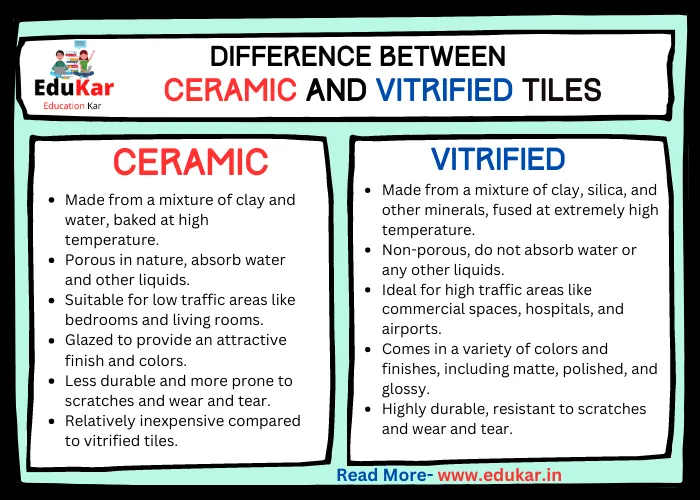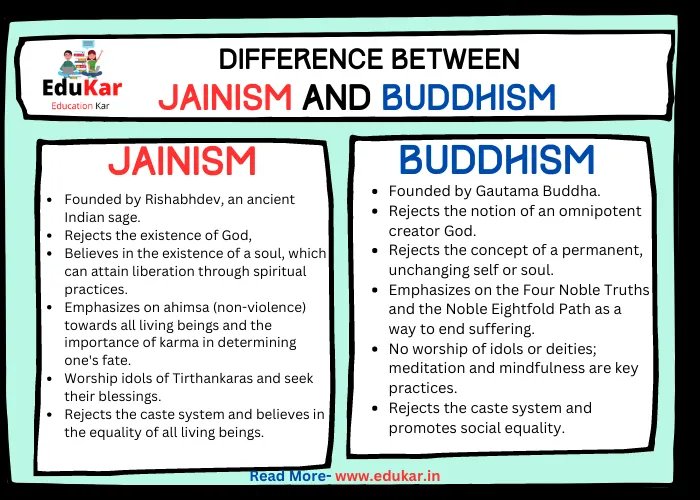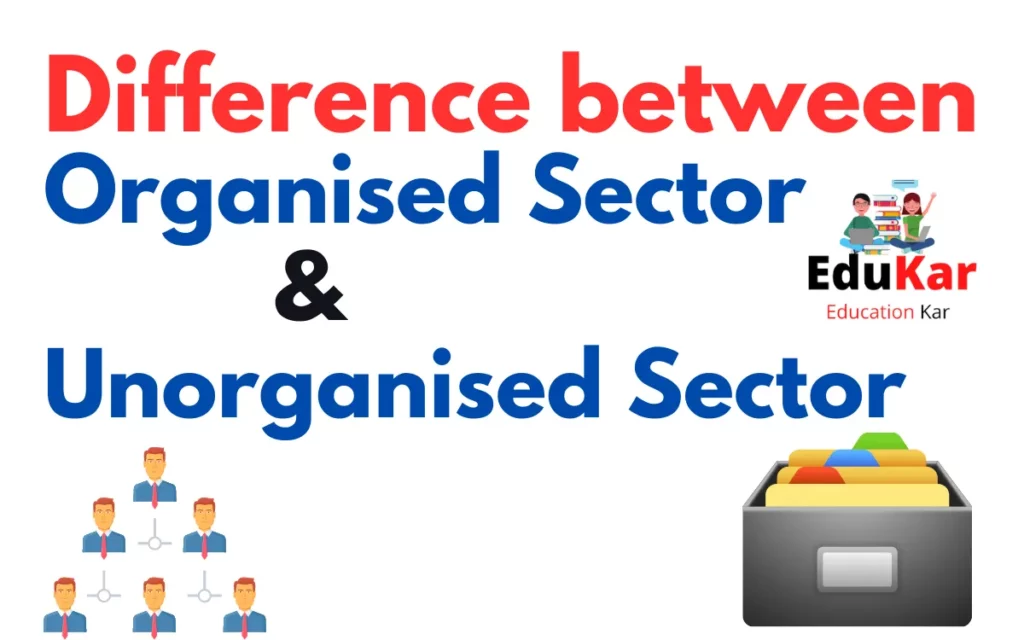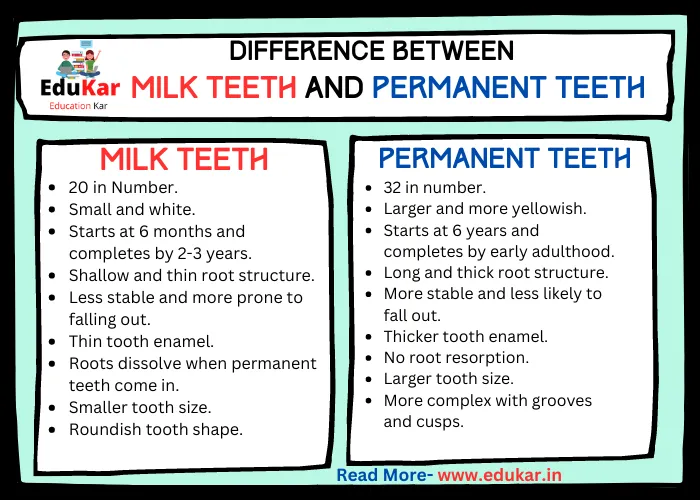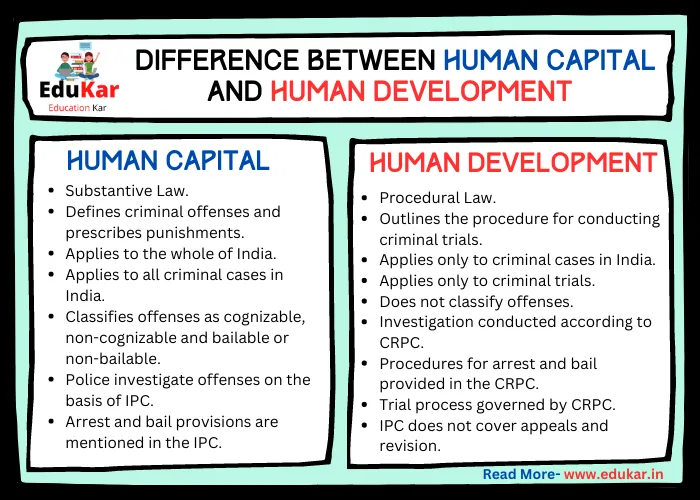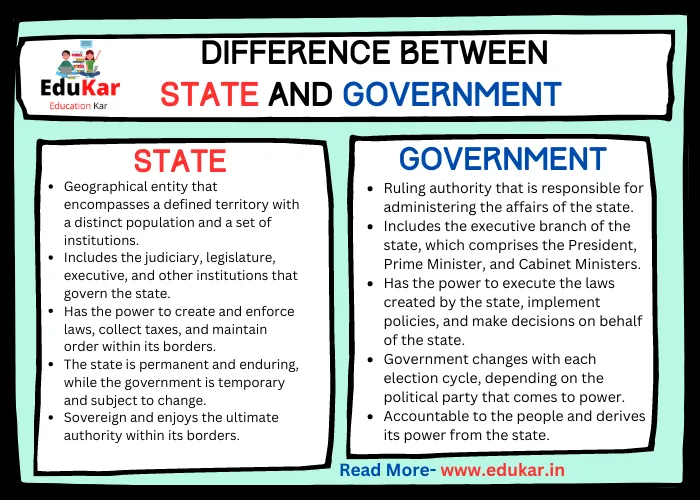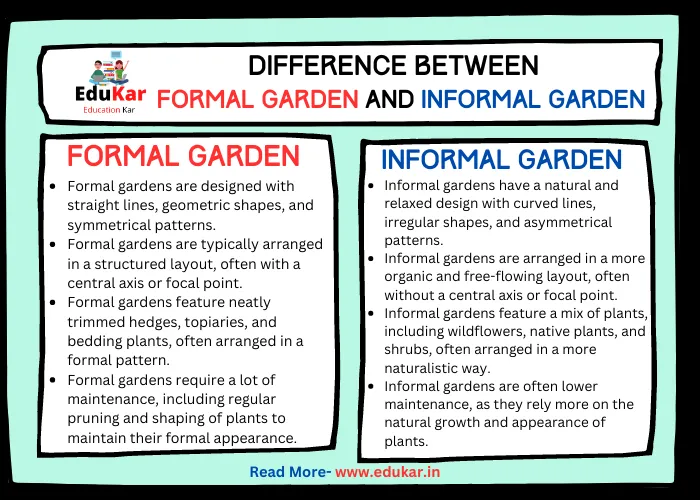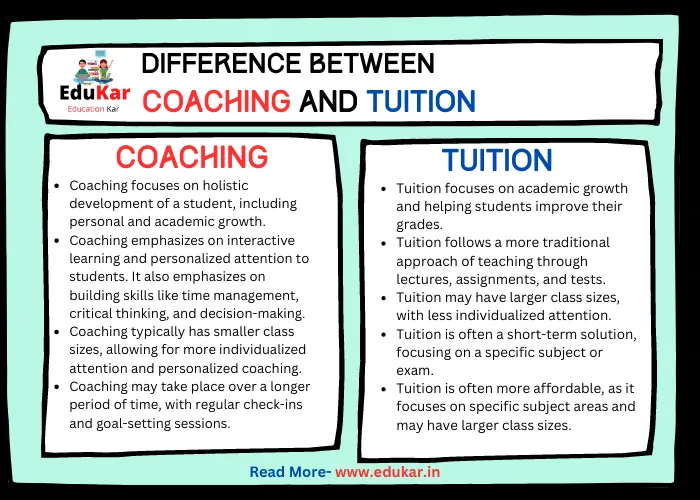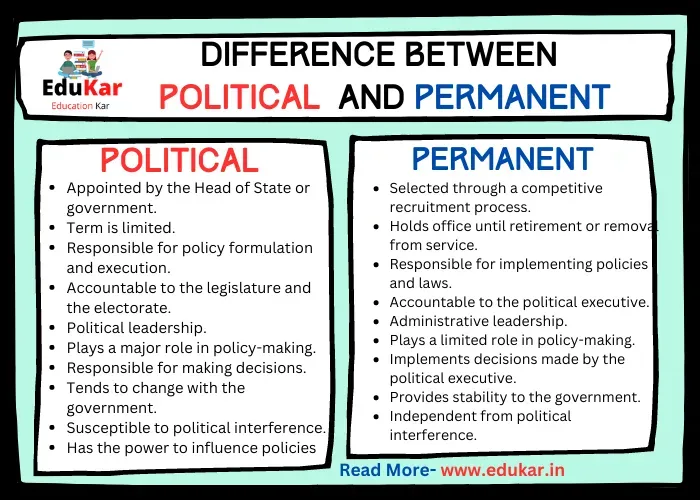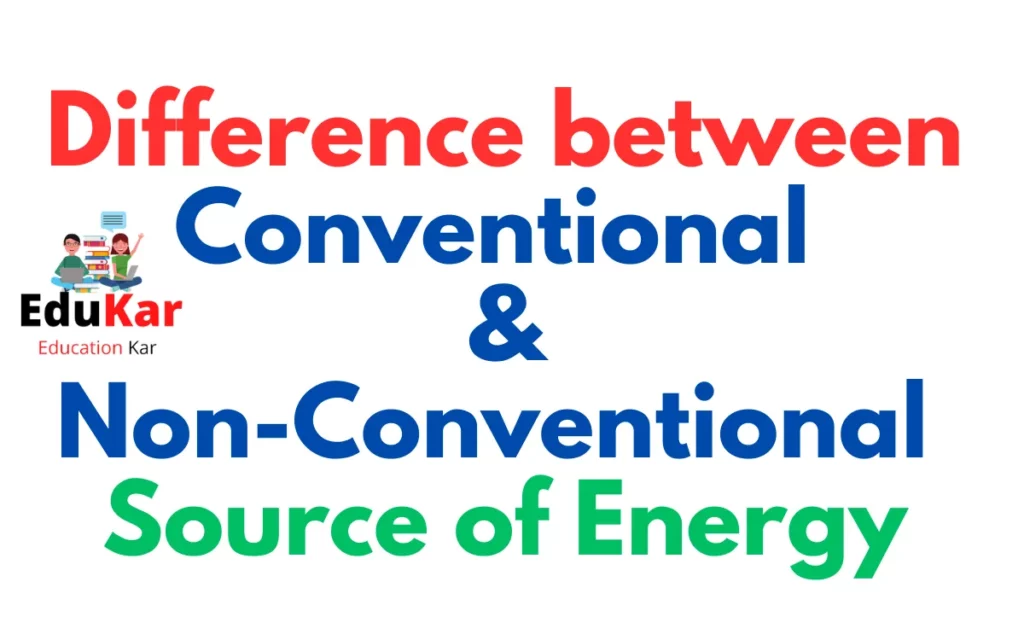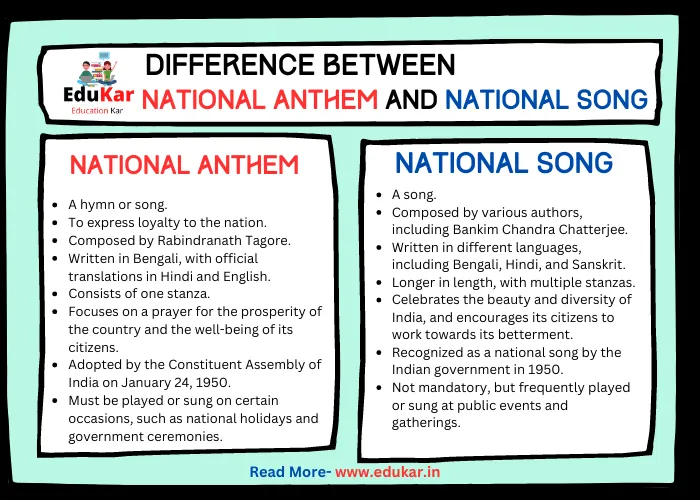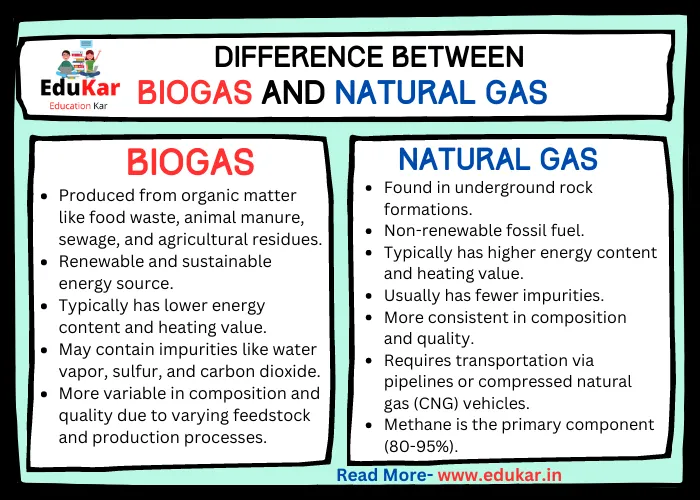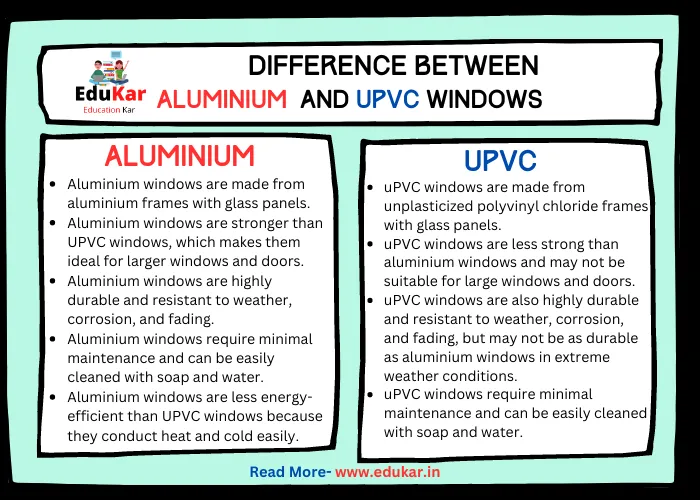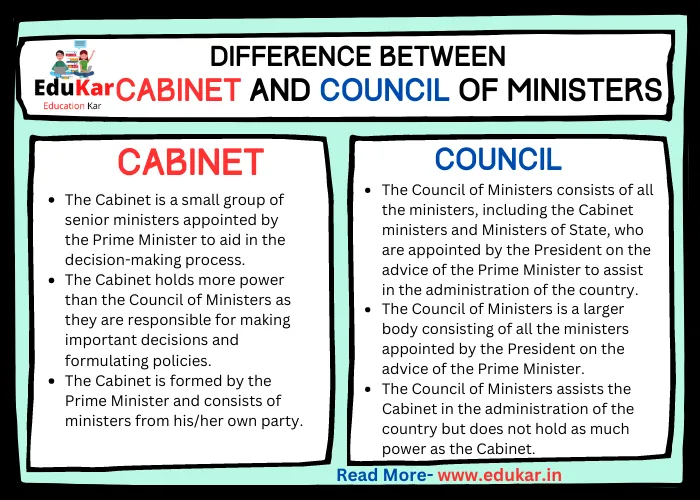Contents
- 1 CBSE
- 2 ICSE
- 3 Difference Between CBSE and ICSE
- 4 Advantages and Disadvantages of CBSE and ICSE
- 5 Conclusion
- 6 FAQs
- 6.1 What is the main difference between CBSE and ICSE?
- 6.2 Which board is easier, CBSE or ICSE?
- 6.3 Which board is more popular, CBSE or ICSE?
- 6.4 Which board is better for engineering, CBSE or ICSE?
- 6.5 Which board is better for medical studies, CBSE or ICSE?
- 6.6 Are the grading systems the same for CBSE and ICSE?
- 6.7 Do universities in India have a preference for either CBSE or ICSE students?
- 6.8 Can a student switch from CBSE to ICSE or vice versa?
When it comes to choosing the right board for your child’s education, it can be quite overwhelming. Two of the most popular educational boards in India are CBSE and ICSE. Both boards follow different educational approaches and have different philosophies, they both aim to provide quality education to students.
In this blog, we will discuss the key differences between CBSE and ICSE boards and help you decide which one is the right fit for your child.
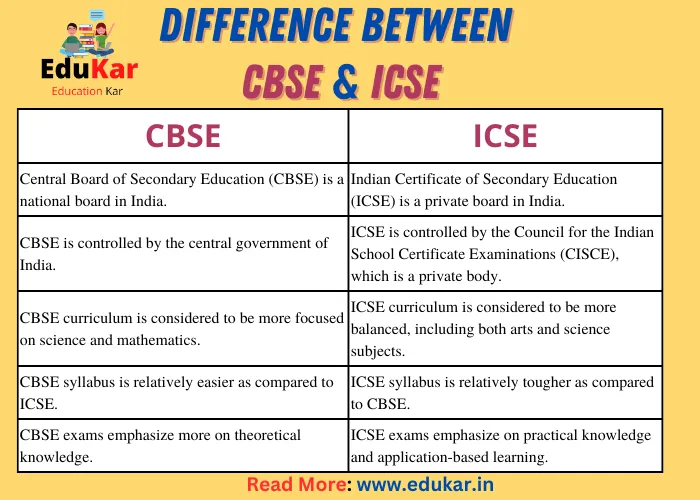
CBSE
CBSE stands for Central Board of Secondary Education. CBSE was established in 1962 and is the largest educational board in India. It is a national level board that operates under the Union Government of India. The CBSE curriculum aims to prepare students for competitive exams and focuses on the practical application of knowledge. The board offers education from primary level to senior secondary level.
Curriculum and Syllabus
The CBSE curriculum is designed to be consistent across India and emphasizes the application of knowledge rather than rote learning. It covers various subjects like Maths, Science, Social Science, English, and Hindi. The syllabus is updated regularly to ensure that students are learning the latest information.
Examination System
The CBSE board follows a continuous and comprehensive evaluation system. It assesses the students through a series of tests and exams that are conducted throughout the academic year. The final board exams are held in the 10th and 12th standard.
Teaching Methodology
The teaching methodology in CBSE schools focuses on practical learning and developing problem-solving skills. Teachers use multimedia tools to enhance teaching and learning.
Also Read: Difference Between Home and House
ICSE
ICSE stands for Indian Certificate of Secondary Education. ICSE was established in 1958 and is known for its comprehensive and detailed syllabus. The board provides education from primary level to senior secondary level.
Curriculum and Syllabus
The ICSE curriculum is designed to be more comprehensive than CBSE. It offers a wide range of subjects, including Maths, Science, Social Science, English, Hindi, and a second language. The syllabus is updated regularly to ensure that students are learning the latest information.
Examination System
The ICSE board follows a traditional evaluation system. It assesses students through a final examination at the end of each academic year. The final board exams are held in the 10th and 12th standard.
Teaching Methodology
The teaching methodology in ICSE schools focuses on developing critical thinking skills and problem-solving skills. Teachers use interactive teaching methods to engage students in the learning process.
Difference Between CBSE and ICSE
| Point | CBSE | ICSE |
|---|---|---|
| 1. | Central Board of Secondary Education (CBSE) is a national board in India. | Indian Certificate of Secondary Education (ICSE) is a private board in India. |
| 2. | CBSE is controlled by the central government of India. | ICSE is controlled by the Council for the Indian School Certificate Examinations (CISCE), which is a private body. |
| 3. | CBSE curriculum is considered to be more focused on science and mathematics. | ICSE curriculum is considered to be more balanced, including both arts and science subjects. |
| 4. | CBSE syllabus is relatively easier as compared to ICSE. | ICSE syllabus is relatively tougher as compared to CBSE. |
| 5. | CBSE exams emphasize more on theoretical knowledge. | ICSE exams emphasize on practical knowledge and application-based learning. |
| 6. | CBSE students are encouraged to memorize and reproduce facts. | ICSE students are encouraged to think creatively and critically. |
| 7. | CBSE board exams are conducted in 10th and 12th standard. | ICSE board exams are conducted in 10th standard (ICSE) and 12th standard (ISC). |
| 8. | CBSE has a larger number of affiliated schools in India. | ICSE has a smaller number of affiliated schools in India. |
| 9. | The medium of instruction is mostly English. | The medium of instruction is English, but students are also required to learn Hindi and a regional language. |
| 10. | The board follows a uniform syllabus across India. | The board does not have a uniform syllabus and may vary from school to school. |
Advantages and Disadvantages of CBSE and ICSE
Advantages of CBSE
CBSE syllabus is more compact and easy to understand. It is also more practical-oriented, which helps students to apply their knowledge in real-life situations. CBSE board exams are conducted in a timely manner, which helps students to plan their studies effectively. The CGPA grading system used by CBSE is helpful in assessing a student’s overall performance.
Disadvantages of CBSE
The CBSE syllabus may be too basic for students who want to pursue a career in specialized fields like medicine or engineering. The CGPA grading system may not be accepted by some universities.
Also Read: Difference Between Growth and Development
Advantages of ICSE
The ICSE syllabus is more comprehensive and detailed, which helps students to gain a deeper understanding of the subjects. The board emphasizes the development of critical thinking and problem-solving skills, which are essential for success in higher education. The percentage system used by ICSE is widely accepted by universities.
Disadvantages of ICSE
The ICSE syllabus may be too extensive and difficult for some students to cope with. The board exams are conducted at the end of each academic year, which may put a lot of pressure on students.
Conclusion
Choosing between CBSE and ICSE can be a difficult decision. The key differences between the two boards are the curriculum, examination system, and teaching methodology. While CBSE is more practical-oriented, ICSE is more comprehensive and detailed.
Ultimately, the decision depends on your child’s strengths and interests. Both boards offer quality education and have their own advantages and disadvantages. It is important to choose a board that best fits your child’s needs and aspirations.
FAQs
What is the main difference between CBSE and ICSE?
The main difference between CBSE and ICSE is the approach to education. CBSE focuses on the application of knowledge, while ICSE emphasizes a broader and more comprehensive education that includes humanities, science, and art.
Which board is easier, CBSE or ICSE?
Both boards have their own challenges and difficulty levels. However, CBSE is generally considered to be slightly easier than ICSE due to its more focused curriculum and a greater emphasis on practical application.
Which board is more popular, CBSE or ICSE?
CBSE is more popular in India, with over 20,000 affiliated schools, while ICSE has around 2,000 affiliated schools. However, ICSE is gaining popularity in some parts of the country due to its comprehensive education approach.
Which board is better for engineering, CBSE or ICSE?
Both CBSE and ICSE are equally good for engineering. However, students who wish to pursue engineering in India generally prefer CBSE due to its more focused curriculum.
Which board is better for medical studies, CBSE or ICSE?
Both CBSE and ICSE are equally good for medical studies. However, students who wish to pursue medicine in India generally prefer CBSE due to its more focused curriculum.
Are the grading systems the same for CBSE and ICSE?
No, the grading systems for CBSE and ICSE are different. CBSE follows a grading system based on the marks obtained by students, while ICSE follows a percentage-based system.
Do universities in India have a preference for either CBSE or ICSE students?
No, universities in India do not have a preference for either CBSE or ICSE students. Both boards are recognized by universities in India and are considered to be equally good.
Can a student switch from CBSE to ICSE or vice versa?
Yes, a student can switch from CBSE to ICSE or vice versa. However, the student may face some difficulties in adjusting to the new syllabus and teaching methods.

